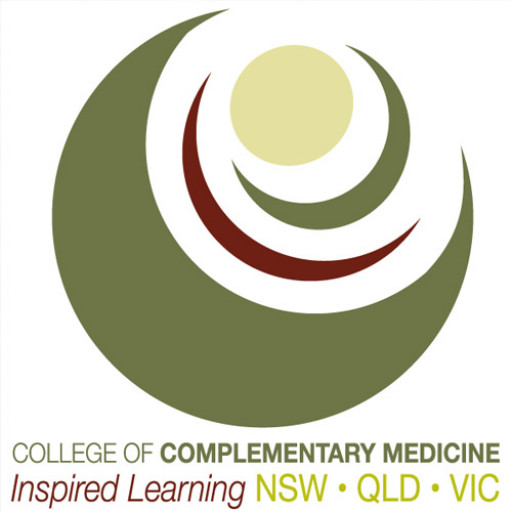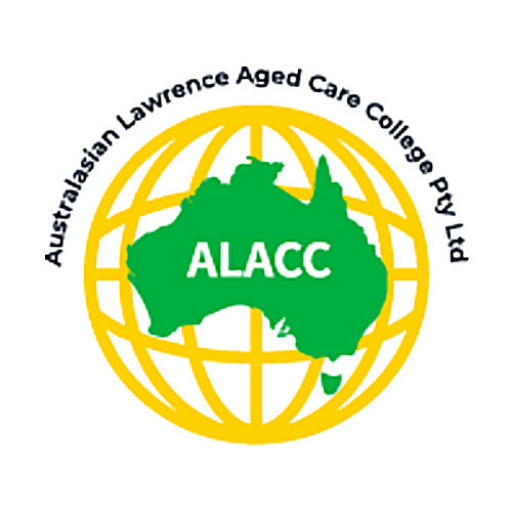The Graduate Certificate in Forensic Mental Health at UNSW Sydney is a specialized program designed to provide students with comprehensive knowledge and practical skills in the intersection of mental health and the criminal justice system. This course is aimed at professionals and graduates in health, psychology, law, criminal justice, and related fields who seek to deepen their understanding of forensic mental health issues and develop expertise in working within forensic settings. The program covers key topics including assessment and management of mental health conditions in forensic populations, understanding legal and ethical considerations, risk assessment and management strategies, and the roles of mental health practitioners in courts, correctional facilities, and community settings. Students will engage with contemporary theories and evidence-based practices, learn about the legislative frameworks governing mental health and criminal justice, and explore multidisciplinary approaches to forensic mental health assessment and intervention. The curriculum combines theoretical coursework with practical components, including case studies, simulations, and potential placement opportunities, to prepare graduates for diverse roles such as forensic psychologists, mental health clinicians, legal advisors, and policy makers. The program emphasizes critical thinking, ethical practice, and cultural competence, ensuring that graduates are well-equipped to contribute effectively and responsibly to forensic mental health services. Offered by UNSW Sydney, one of Australia's leading universities, the Graduate Certificate in Forensic Mental Health benefits from expert faculty, state-of-the-art facilities, and strong industry connections, providing students with a robust foundation for advancing their careers or pursuing further postgraduate study. Completion of this program can serve as a pathway to Master’s level qualifications and specialized professional development.
The Master of Forensic Mental Health at UNSW Sydney is a comprehensive postgraduate program designed to equip students with advanced knowledge and practical skills in the assessment, treatment, and management of individuals with mental health issues within forensic settings. This program bridges the disciplines of psychology, law, and psychiatry, providing a multidisciplinary approach to understanding the complex interactions between mental health and the legal system. Throughout the course, students will explore core topics such as forensic assessment techniques, mental health law, risk management, ethical considerations in forensic practice, and the societal impacts of mental illness in criminal justice. The curriculum integrates theoretical frameworks with practical applications, including case studies, simulations, and supervised clinical experience, to prepare graduates for roles in forensic mental health services, courts, correctional facilities, and policy development. Emphasizing evidence-based practice, the program also covers contemporary issues such as the rights of mentally ill offenders, crisis intervention, and forensic psychiatric treatment modalities. Students will have access to world-class facilities and expert faculty members who are leaders in forensic mental health research and clinical practice. The program aims to foster critical thinking, ethical judgment, and professional competence, preparing graduates for challenging roles that require a nuanced understanding of mental health issues within legal contexts. Upon completion, alumni will be well-positioned to contribute effectively to forensic mental health expertise, influence policy reforms, and improve intervention strategies for vulnerable populations involved in the criminal justice system.
The Forensic Mental Health program at UNSW Sydney is designed to provide students with comprehensive knowledge and skills related to the intersection of mental health and the legal system. The program covers a wide range of disciplines including psychology, law, psychiatry, criminal justice, and social work to prepare graduates for clinical, research, and policy roles in forensic settings. Students are expected to develop advanced understanding of mental health assessments, risk management, forensic interviewing techniques, and the legal and ethical considerations relevant to mental health law. The curriculum includes core courses on forensic mental health practices, mental health law, the assessment and treatment of offenders, and the ethical issues encountered in forensic contexts. Practical experience is emphasized through supervised placements, case studies, and simulation exercises designed to mimic real-world forensic scenarios. The program also integrates research components, encouraging students to critically analyze existing literature and contribute to scholarly debate within the field. To qualify for graduation, students must complete all required coursework, achieve a specified minimum GPA, and fulfill the practical placement hours. Prerequisites may include prior study in psychology, law, or related disciplines; however, specific entry requirements are determined by the university and are subject to change. The program aims to produce graduates who are equipped with the theoretical knowledge and practical skills necessary to work effectively in forensic mental health services, legal settings, or contribute to policy development. Overall, the program emphasizes interdisciplinary collaboration, ethical practice, and evidence-based approaches to improve outcomes for individuals with mental health issues involved in the criminal justice system.
The Master of Forensic Mental Health program at UNSW Sydney offers a range of financing options to support students throughout their studies. International students are required to pay tuition fees which are structured per unit of study, and these fees vary depending on the specific courses undertaken within the program. Domestic students may be eligible for government assistance schemes such as HECS-HELP, which can significantly reduce the financial burden by allowing students to defer their fees until they are earning an income above a certain threshold. In addition to government assistance, many students choose to explore external scholarships and bursaries offered by UNSW and other organizations focused on mental health, criminal justice, and forensic sciences. These financial aids aim to support students who demonstrate academic excellence, financial need, or commitment to the field.
UNSW also provides a range of payment plans that enable students to pay their tuition fees in installments rather than a lump sum, easing cash flow management. Part-time study options are available, which may also influence the overall cost and timeline of completing the degree, allowing students to work alongside their studies and apply their learning in practical settings while managing their finances more effectively. Additionally, students often seek part-time employment during their studies, and UNSW's location in Sydney offers numerous opportunities to work in related sectors such as healthcare, law enforcement, and mental health services, which can contribute to both practical experience and financial support.
Students should also consider the costs associated with living expenses in Sydney, including accommodation, transportation, study materials, and personal expenses. Many students fund their education through a combination of savings, family support, part-time work, and loans. The university offers comprehensive financial advice and resources through its Student Financial Services, helping students plan and manage their budgets effectively. Overall, the combination of government assistance, scholarships, flexible payment options, part-time work, and financial planning resources provides a diverse array of financing opportunities for students enrolled in the Master of Forensic Mental Health at UNSW Sydney.
The Forensic Mental Health program at UNSW Sydney offers students a comprehensive education in the intersection of mental health and the criminal justice system. This program is designed to prepare graduates for careers involving assessment, treatment, and management of individuals with mental health issues within forensic settings. The curriculum covers a broad range of subjects including psychology, law, psychiatry, and criminology, providing students with a multidisciplinary understanding required to navigate complex forensic cases. Students will learn about mental health legislation, risk assessment procedures, forensic psychiatric evaluation, and ethical considerations in forensic practice. The program emphasizes practical skills, offering opportunities for internships, clinical placements, and collaborations with forensic mental health services to give students real-world experience. Graduates will be equipped to work in various roles such as forensic mental health clinicians, researchers, policy advisors, or within criminal justice agencies. The program also encourages research and critical thinking, fostering an in-depth understanding of contemporary issues related to mental health in legal contexts. As one of the leading programs in this field in Australia, UNSW's Forensic Mental Health degree is known for its strong academic foundation, experienced faculty, and connections with local and national forensic mental health institutions. It is suitable for students with backgrounds in psychology, social work, or related disciplines seeking specialized knowledge in forensic mental health. The program aims to produce professionals who are capable of contributing to mental health policy, improving forensic assessment methods, and supporting the rights and well-being of individuals involved in the justice system. Courses are offered in flexible formats, including full-time study options, with an emphasis on contemporary issues and innovations in forensic mental health. The degree ultimately aims to foster a new generation of experts committed to advancing mental health practices in forensic environments through evidence-based approaches and ethical standards.








